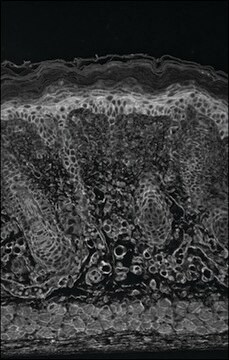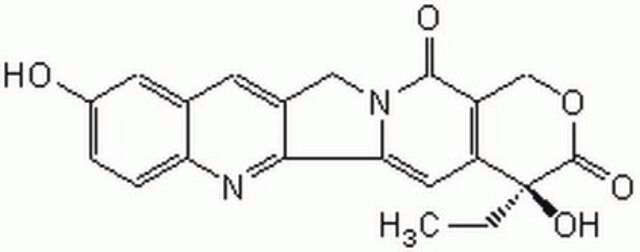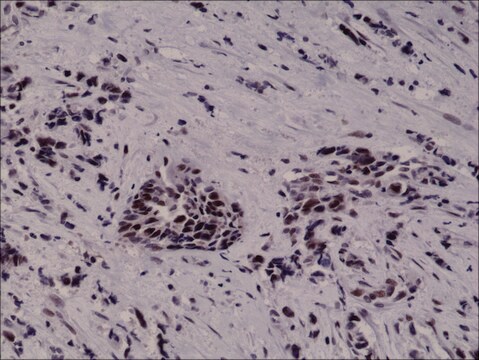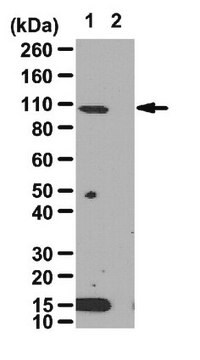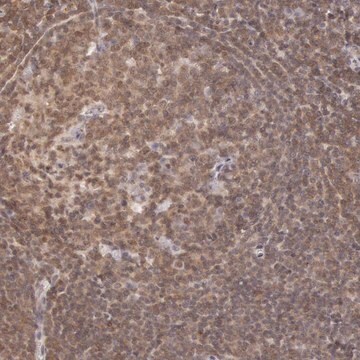PLA0081
Rabbit anti-HIF1-alpha Antibody, Affinity Purified
Powered by Bethyl Laboratories, Inc.
Synonym(e):
ARNT interacting protein, ARNT-interacting protein, HIF-1-alpha, HIF-1A, HIF-1alpha, HIF1, HIF1-ALPHA, MOP1, PAS domain-containing protein 8, PASD8, alpha subunit (basic helix-loop-helix transcription factor), bHLHe78, basic-helix-loop-helix-PAS protein MOP1, class E basic helix-loop-helix protein 78, hypoxia inducible factor 1, hypoxia-inducible factor 1, hypoxia-inducible factor 1 alpha isoform I.3, hypoxia-inducible factor1alpha, member of PAS protein 1, member of PAS superfamily 1
About This Item
Empfohlene Produkte
Biologische Quelle
rabbit
Qualitätsniveau
Antikörperform
affinity purified immunoglobulin
Antikörper-Produkttyp
primary antibodies
Qualität
Powered by Bethyl Laboratories, Inc.
Speziesreaktivität
human, mouse
Methode(n)
immunocytochemistry: 1:100-1:500
immunohistochemistry: 1:100-1:500
immunoprecipitation (IP): 2-10 μg/mg
western blot: 1:2,000- 1:10,000
Hinterlegungsnummer
Q16665
Versandbedingung
wet ice
Lagertemp.
2-8°C
Posttranslationale Modifikation Target
unmodified
Angaben zum Gen
rabbit ... HIF1-alpha(3091)
Immunogen
Physikalische Form
Sonstige Hinweise
Haftungsausschluss
Sie haben nicht das passende Produkt gefunden?
Probieren Sie unser Produkt-Auswahlhilfe. aus.
Lagerklassenschlüssel
12 - Non Combustible Liquids
WGK
WGK 1
Flammpunkt (°F)
Not applicable
Flammpunkt (°C)
Not applicable
Analysenzertifikate (COA)
Suchen Sie nach Analysenzertifikate (COA), indem Sie die Lot-/Chargennummer des Produkts eingeben. Lot- und Chargennummern sind auf dem Produktetikett hinter den Wörtern ‘Lot’ oder ‘Batch’ (Lot oder Charge) zu finden.
Besitzen Sie dieses Produkt bereits?
In der Dokumentenbibliothek finden Sie die Dokumentation zu den Produkten, die Sie kürzlich erworben haben.
Unser Team von Wissenschaftlern verfügt über Erfahrung in allen Forschungsbereichen einschließlich Life Science, Materialwissenschaften, chemischer Synthese, Chromatographie, Analytik und vielen mehr..
Setzen Sie sich mit dem technischen Dienst in Verbindung.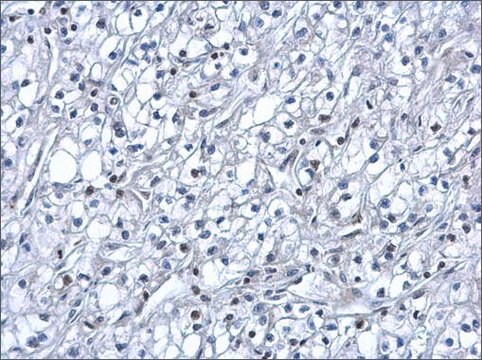
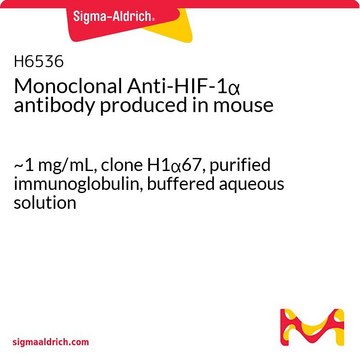
![HIF1-alpha and phospho-MCM2[S108] PLA® Antibody Kit Powered by Bethyl Laboratories, Inc.](/deepweb/assets/sigmaaldrich/product/images/397/939/357da130-0fe7-4e74-a9ef-defab946da88/640/357da130-0fe7-4e74-a9ef-defab946da88.jpg)
